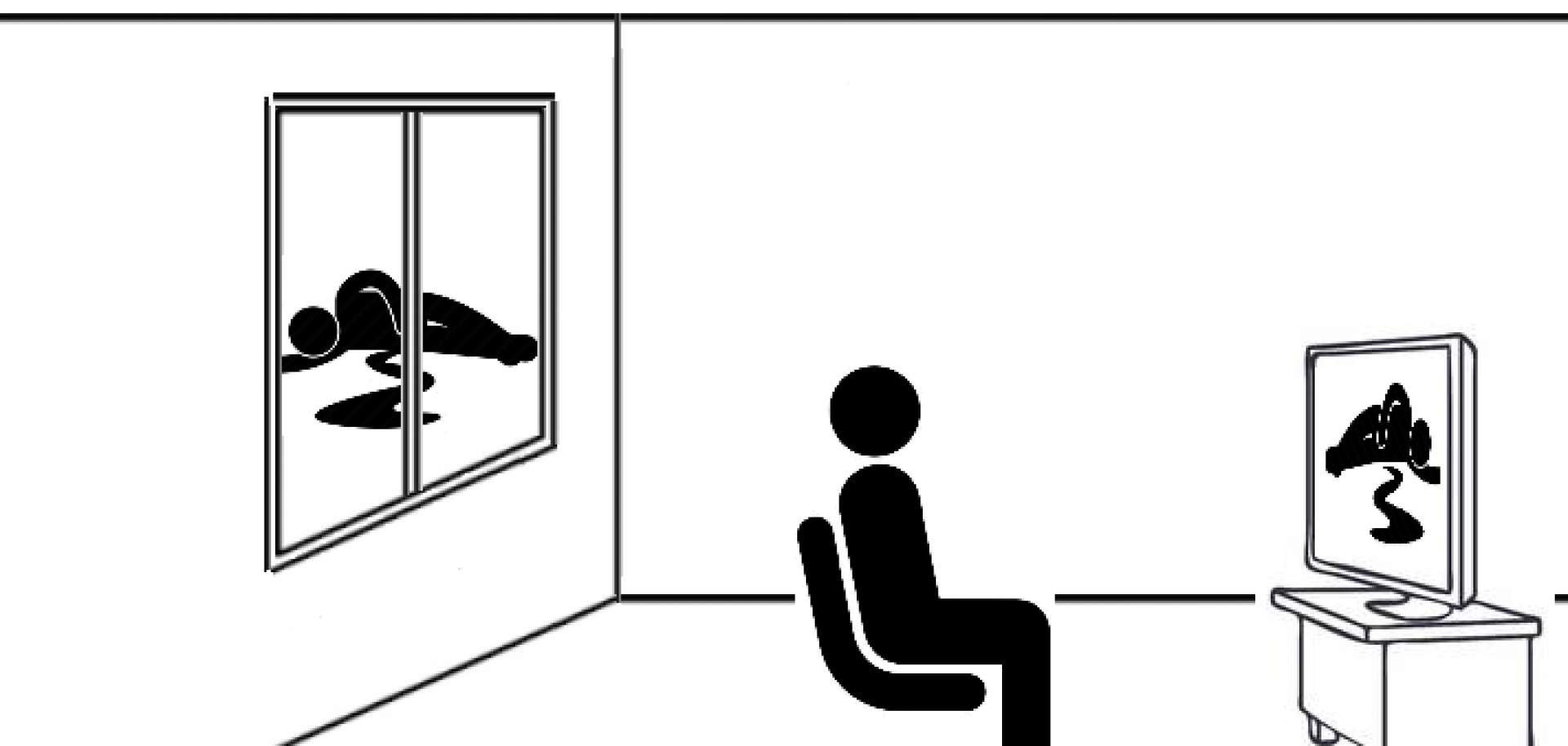As discussed elsewhere, riots are rare because of fear of consequence. But riots do still happen, and this is because sufficient force of impact – especially on a concentrated population – can create a riot.
And this makes “no deal” riots particularly likely.
Force Of Impact
For someone to give up a longstanding and powerful motivation like fear of consequence – even within the perceived anonymity of a crowd – they must experience some other more powerful motivation. That is very rare and it is almost never about politics. It is about change for the worse.
For example, the London riots in 2011 started not because of politicians or policies, but because thousands of young people felt in danger of being killed at random by the police. Whether their fear was misplaced or not was besides the point, what matters is that they were motivated by feeling it and feeling the anger that came with it.
The specific motivation with sufficient force of impact can be pretty diverse. Around the world riots happen because of police shootings, workplace closures, food shortages and plenty of other causes too. What they all have in common is a sense of a thing being “so bad” that the fear of consequences fades within the crowd just long enough for violence to start.
Change Moments
Of course there has to be something new to the motivation to have such a dramatic force of impact. People who were not rioting yesterday don’t start rioting today without some sort of “push” factor. So for sufficient force of impact there almost always has to be a significant change moment too, not just a gradual worsening of things or a general disappointment.
The London riots of 2011 demonstrated this as well. People went from feeling ‘safe enough’ to ‘not safe enough’ because of a single incident (the shooting of Mark Duggan) and the response to it. This was quick, it felt bad, and it had a force of impact on enough people to motivate them beyond fear of consequence – and thus eventually to riot.
These change moments tend to be powerful motivators when they focus a crowd on a single geographic point. From protesting a police station in Tottenham (London 2011) to pickets at numerous mines in the 1980s, a very concentrated focus point at a change moment can amplify normal critical-mass effects and thus cause violence.
Change Moments and Force of Impact Combined
One reason brexit-delay riots are so unlikely is that no such change moment exists. Delaying brexit quite literally means everything stays the same. On the flipside, “no deal” brexit likely creates a lot of change moments – like supermarket shelves running empty and workplaces shutting down (both were raised as prospects in the government’s own Yellowhammer report).
The best illustration of these localised focal points really comes from the closure of coal mines in the 1980s. Small towns with nowhere near enough people to reach critical mass for a riot in normal times, saw critical mass occur on pickets. This was because such a large proportion of the local population experienced sufficient force of impact while focused on a single location (the picket).
While the various effects of “no deal” will be more diverse than that, and will in most cases lack organisers (the miners were unionised), the closure of oil refineries, food shortages at supermarkets, hospitals turning away patients, and so on, all have the potential to create highly localised riots.
That is because each of those situations generates the change moment and the force of impact of a sudden dramatic worsening of situation. They also involve a momentary concentration of people affected all in one place – be it a supermarket, hospital or refinery.
Conclusion
The title of this article is of course wrong. And in truth, riots won’t be universal even in the worst case scenarios because people rightly fear consequences. Skirmishes and fights may prove common but these are not riots.
The biggest error one could make, however, is to assume this would be remainers rioting. Leavers would riot too.
Leavers will riot too because when your niece is turned down for cancer treatment, the force of impact at that moment of change is a more powerful motivator than supporting the ethereal politics of it.
And this makes “no deal” the real deal for nationwide riots, not delaying brexit.


2 comments